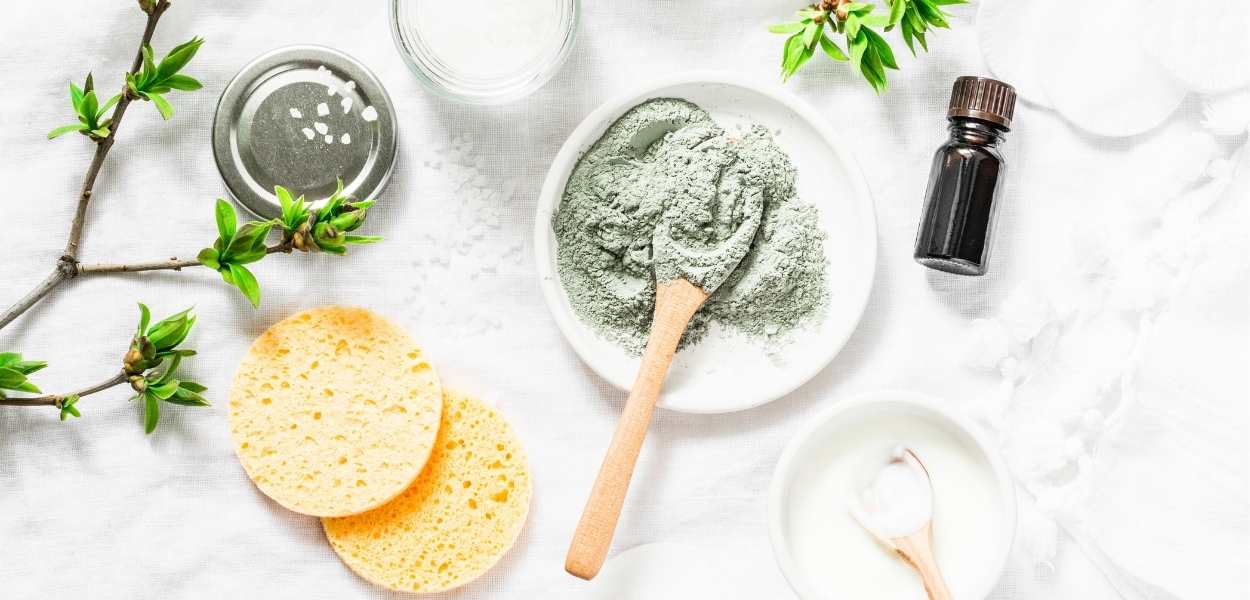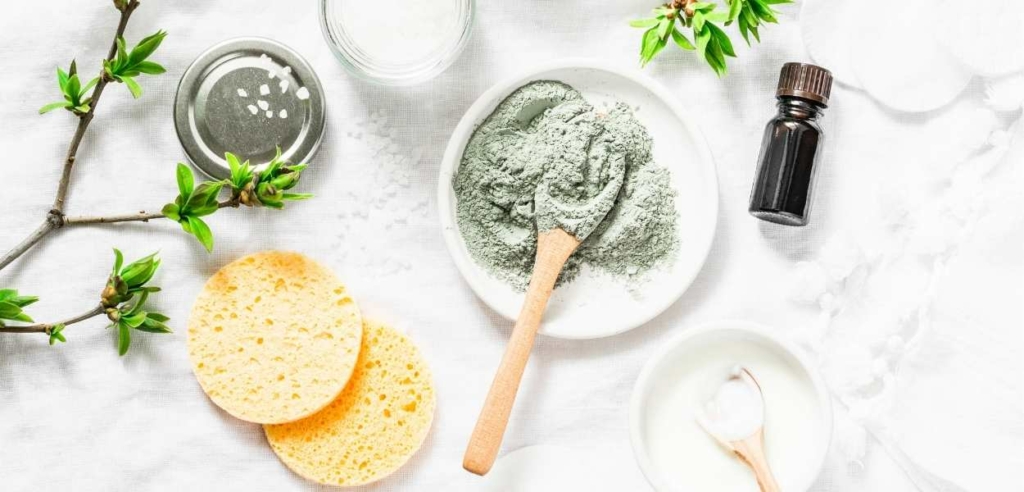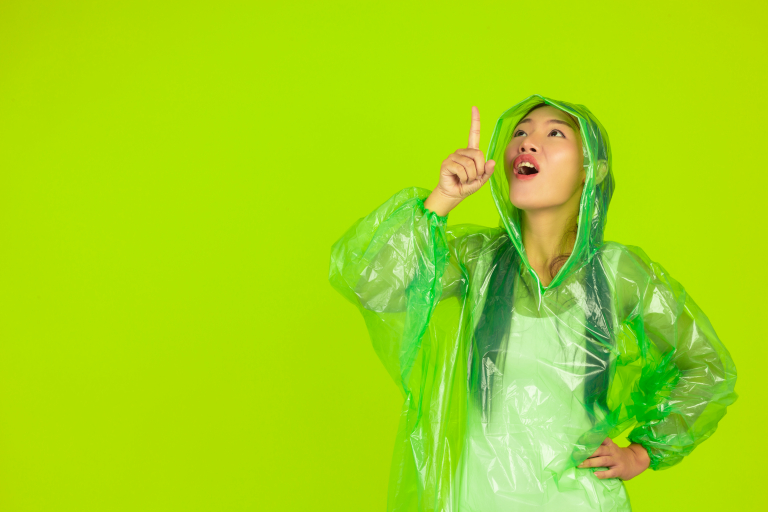The vegan craze is here, and it’s not going anywhere. The Economist named 2019 the year of the vegan. Alternatives such as vegan leather are running into the industry with furious force. And vegan beauty products are becoming the most coveted items on the shelf.
Vegan Beauty
It seems like a moment to celebrate. After all, vegans have been fighting for plant-based alternatives to slip into the mainstream for decades. Yet with all progress comes regression, and this is no exception. The vegan label seems to have become synonymous with sustainability, and there are dangers to that.
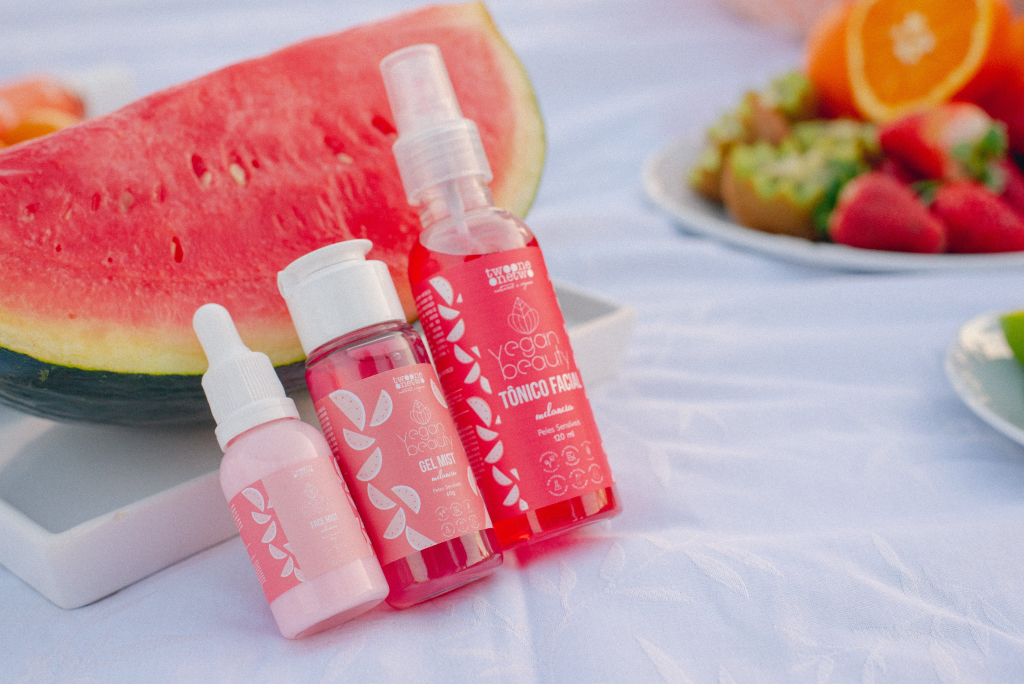
What are the implications of having vegan labels everywhere? Is it really that so many products are sustainable? Or is this just another form of greenwashing?
To help us answer these questions, we interviewed Allie Compton, Credo Beauty’s Head of Product Development and Resident Ingredient Expert. Credo Beauty is a clean beauty retailer which ensures the products it offers are legitimate and deliver what they promise.
Does Vegan Equal Good?
Vegan And Sustainable: One and The Same?
The Vegan Society defines veganism as denoting “the practice of dispensing with all products derived wholly or partly from animals.” While the modern wave of veganism started in 1951, the movement didn’t really take off until recently. That is partly related to the world’s newfound preoccupation with the state of the environment.
Climate change is indeed a fact, and we’re already beginning to witness its effects—from Californian wildfires to great Mexican droughts. So when research deemed avoiding meat and dairy as the best way to reduce one’s impact on the planet, veganism suddenly became synonymous with sustainability.
Evidently, there’s a good reason for that. The agricultural industry is one of the most significant contributors to global warming. To be more specific, to raise livestock on a big scale is to produce CO2 emissions in large quantities. Naturally, then, avoiding animal-derived products in our diets reduces our contribution to further polluting the environment.
But veganism’s positive effect extends even further. The production of materials such as wool, leather, and fur have proven to be hazardous to the environment in a way. Hence, opting for vegan clothing alternatives also seems like the most sustainable option.
If vegan diets and vegan outfits are more eco-conscious, then vegan beauty products must be too, right? Well, the truth is that not all that glitters is gold.
The Vegan Label and Its Non-Sustainable Limits
The world’s growing concern with eco-consciousness has completely transformed the beauty industry. Surely, sustainable beauty has grown significantly in the last few years. Simultaneously has come a preoccupation with health. We have become keenly aware of the hazardous potential of certain chemical compounds, which has spurred the growth of clean beauty.
Though both of these phenomena mean progress, their concurrent climb to prominence seems to have backfired. From eco-consciousness have come labels like ‘zero-waste’, ‘green’, ‘eco-friendly’, ‘biodegradable’, and ‘vegan’. From the concern with health have come ‘clean’, ‘natural’ and ‘organic’. Naturally, with so many labels springing up at the same time, the consumer has had a hard time keeping up. The result? All labels have been amalgamated under the same idea—that of which is not environmentally harmful.
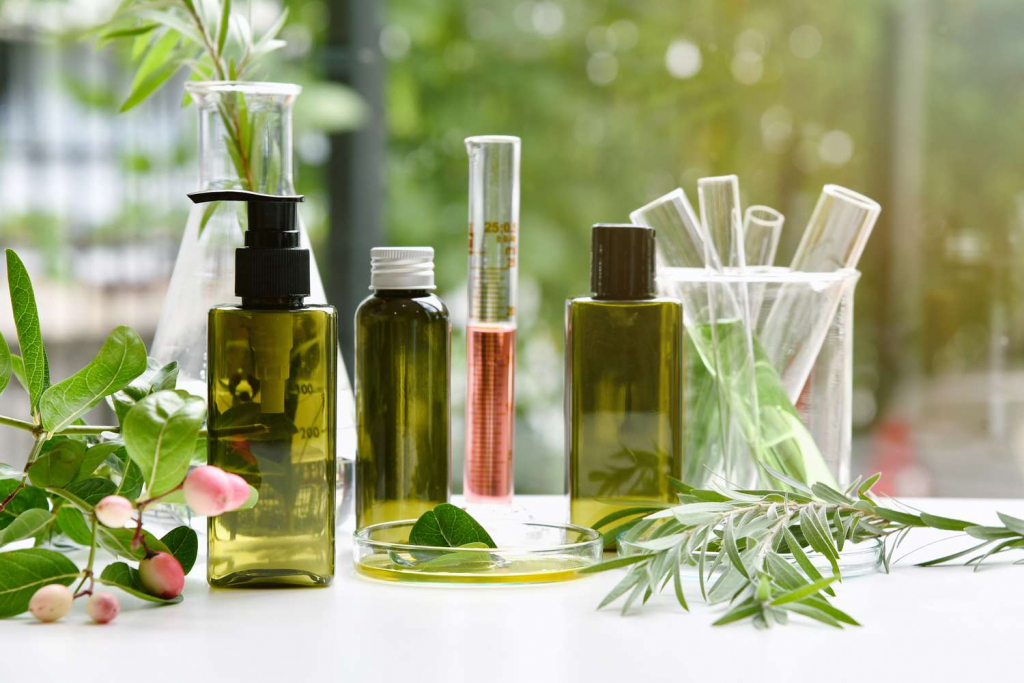
Herein lies the problem with vegan beauty products. Because veganism is generally equated with environmental responsibility, as well as with all the mentioned terms, it has come to represent a stand-in for the ‘sustainable’ label. Indeed, in the case of food, vegan products are generally less environmentally hazardous than non-vegan alternatives. Yet that is far from the truth when it comes to beauty products.
As Allie Compton put it, “vegan simply means made without using animal products or byproducts”. Thus, vegan products are not necessarily eco-friendly and can even “contain toxic ingredients and compounds.” It is very much possible for vegan products to use traditional, plastic packaging—an obvious misstep when it comes to sustainability. Furthermore, the vegan label does not guarantee that the brand treats its workers fairly.
Plain Old Greenwashing
Greenwashing is the practice of purposefully marketing products as if they were eco-friendly, though they are not. The goal is to bank on people’s desire to reduce their environmental impact. Clearly, brands are well aware of how closely tied veganism and sustainability really are in the average person’s mind. In that, stressing the vegan nature of their products is an attempt to make them pass as eco-friendly and sustainable. It is plain old greenwashing.
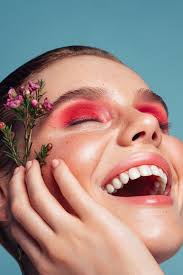
But greenwashing doesn’t only exist within the niche of vegan beauty products. Industry agents closely tie this technique to the ‘vegan’ label in all industries. Vegan leather is marketed as environmentally friendly though it often is made of PVC, which also pollutes (and kills animals). It’s the same for faux fur.
It’s hence very clear that vegan and sustainable are not synonymous and should not be mistaken for being so. Surely, vegan beauty products can be non-environmentally friendly. Nonetheless, one might wonder what it is like the other way around. With animal exploitation being closely tied to pollution, is it possible to have sustainable beauty products that aren’t vegan?
Sustainable and Non-Vegan?
The Ugly Side of The Beauty Industry
One of the biggest reasons to stick to vegan beauty products only is animal testing. The horrors of such a thing are pretty self-explanatory. One must especially understand that animals are no longer considered the best vehicle to test products. Still, it is essential to point out that ‘vegan’ does not always mean ‘cruelty-free’. It is perfectly possible for plant-based beauty products to test on animals.
Then there is also the presence of animal-derived substances within beauty products. Ingredients such as keratin, beeswax and carmine are extremely common, and they are not always ethically sourced. It is perfectly possible for beeswax extraction to negatively affect the productive capacity of bees, for example. This might be detrimental to both the wellbeing of bees and that of the environment, which depends on their survival.
Evidently, these arguments against non-vegan beauty products are mostly based on their unethical nature. And there is value to that. Yet sustainability doesn’t come into the picture in any significant way here. The reality is that looking at sustainability paints a positive picture when it comes to non-vegan products.
Non-Vegan and Eco-Conscious
As Allie Compton points out, “there are so many ways in which a final product can be produced sustainably.” It ultimately comes down to weighing pros and cons. “For example, a product may contain beeswax […], but perhaps the main ingredient in their formulation is collected by means of upcycling […].” In such a case, while the use of animal products might not be ideal, the overall picture is that of sustainability. Packaging is also an incredibly substantial part of the equation, as its impact on the environment is tremendous.
What is essential is that, in the context of beauty, the ‘sustainable’ and ‘vegan’ labels are independent of each other. ‘Vegan’ should be understood to exclusively mean ‘without animal byproducts’. It is closer to ‘ethical’ than ‘sustainable’, though that logic is also faulty to a certain extent. Hence, it is only a specificity, something specific and narrow. On the other hand, ‘sustainable’ is broad and varied. ‘Sustainable’ as a label can contain other titles within itself. It is, by definition, made up of three pillars: the economic, the social, the environmental. Therefore, a single label cannot replace it. But how exactly could one get this message out to the world?
What To Do?
What Is Up To Us
This article provides enough information to understand the complexities surrounding the ‘vegan’ label. Readers can now go out into the world understanding that what is vegan is not necessarily sustainable, and vice versa. They can use this knowledge to be responsible for their purchases.
But what about terms like ‘eco-conscious’, ‘eco-friendly’, ‘green’? What about all the rest? Compton stresses that these “are all unregulated marketing terms.” She encourages “consumers to take the time and do some of their own research and [dig] when they see these on product labels.”
Reducing the environmental impact of our own way of living requires some effort on our part. The good thing is that we aren’t exactly alone.
What Is Up To The Big Guys
Companies like Credo Beauty invest in making it a little easier for consumers to be responsible. The brand created the Credo Clean Standard, a guideline to measure the products they sell. It is based around pillars of safety, sourcing, sustainability, and ethics, which Credo outlines on its website. Then there is also the company’s Dirty List, which, according to Compton, tackles “ingredients […] that are linked to health and/or environmental issues.”
However, brands do not engage in such enterprises for no reason. In order for the big guys to create certificates and create standards, demand for them must exist. Indeed, “at the end of the day,” as Compton puts it, “it’s up to consumers to vote with their dollars.”
Like this article? Check out the social and environmental impact of fast fashion.
